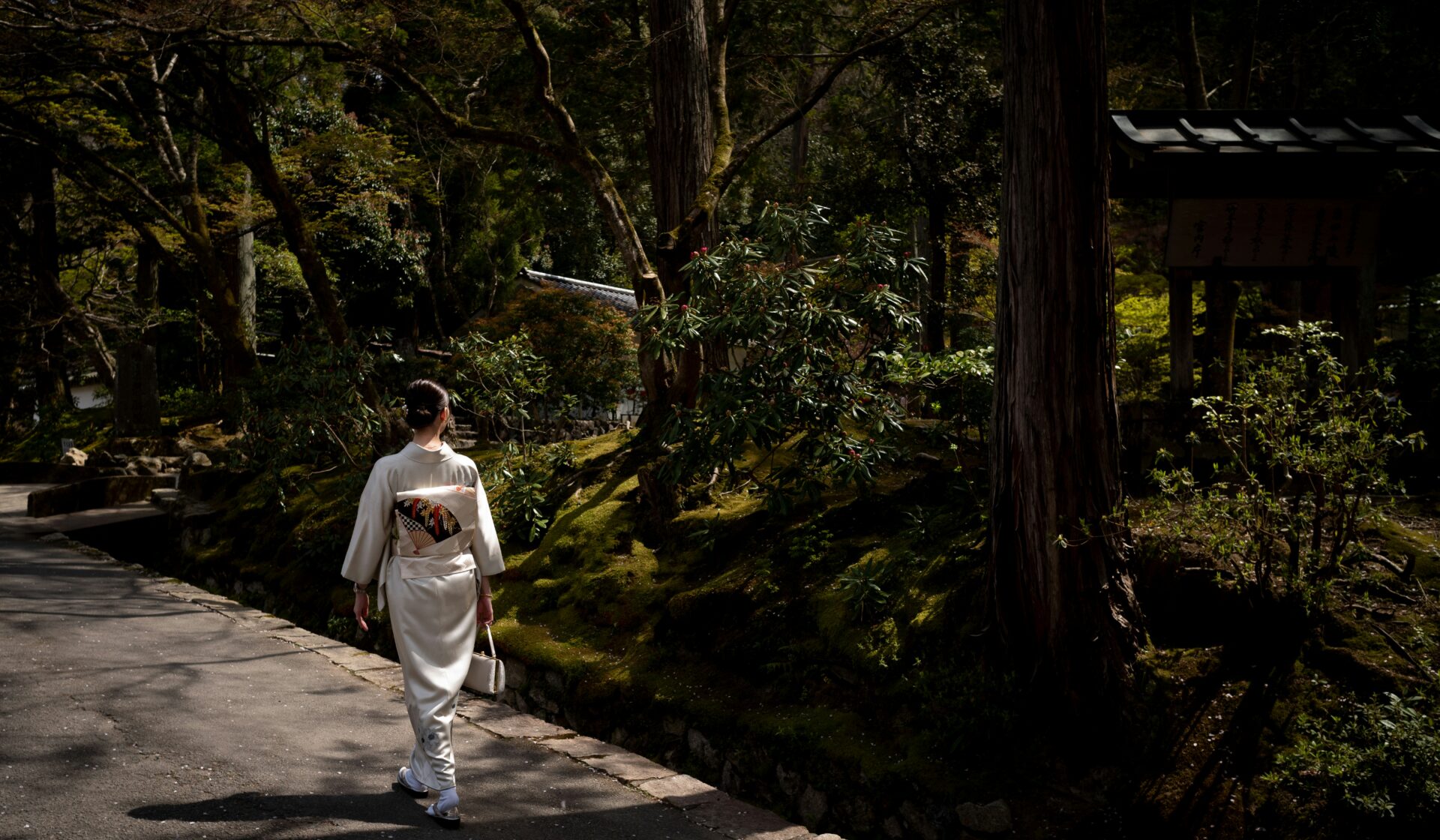In a striking departure from tradition, single young women across the country are marrying themselves to celebrate personal milestones without a partner. This unconventional trend – which reflects shifting social norms and a pivot to independence – is reshaping the industry and has sparked a cultural debate.
During the last few years, an intriguing phenomenon has emerged in Japan, whereby young women are marrying themselves. These are the nation’s ‘perma-singles’ and they’re set to become the norm.
Tired of being told to partner-up and have children in a society built on the nuclear family, they’re shunning commitment in the millions and conventional relationships are on the way out.
These solo weddings – which see young women organise their own ceremonies and even don stunning white gowns typically associated with marital unions – have captured public attention and sparked a cultural debate about the departure from a tradition that’s deeply ingrained across the country.
Now a trend, its origins can be traced back to March 2019, when adult video star Mana Sakura made headlines for hosting her own wedding.
In a symbolic act, she placed a ring on her finger, pledging to prioritise her independent happiness and wellbeing.
This gesture of self-commitment resonated with many, inspiring others to follow suit and starting the movement that’s in full-force today.
A notable individual to be influenced by this uptick in sologamy is Hanaoka, who invested approximately 250,000 yen ($1.6K) into hosting her own ceremony in a Tokyo restaurant.
Celebrating her journey of self-discovery and personal growth in front of 30 guests, she stated that marrying herself didn’t preclude the possibility of more traditional nuptials in the future, highlighting how nuanced this trend really is.
This is because the mounting popularity of this coincides with a significant decline in traditional Japanese marriages.




















